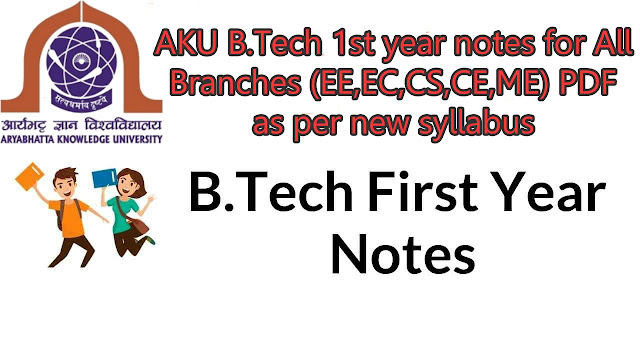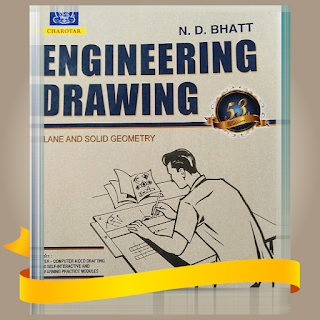NPTEL Soft Skills Week 8 Assignment Answers 2023 (July-Oct)
NPTEL's Soft Skills Week 8 Assignment for 2023 (July-Oct) holds a pivotal place. This comprehensive guide explores the critical aspects of this assignment, focusing on the Structure of Report, Report Style, and Group Communication Skills. Whether you're a student seeking clarity or an enthusiast looking to enhance your skills, this article is your go-to resource.
NPTEL Soft Skills Week 8 Assignment Answers 2023 (July-Oct)
Delving straight into the heart of the matter, let's explore the answers to NPTEL Soft Skills Week 8 Assignment 2023 (July-Oct).
NOTE:- Answers will be updated shortly and it will be notified in our Youtube & Telegram Group. So Join Now
👉
1. Frontispiece is a bound report material, which serves as a window display of the whole report.
- False (F)
2. A preface includes a brief idea of the work and acknowledgments.
- True (T)
3. The expression, 'Food for thought' is a cliche.
- True (T)
4. Logically arranged paragraphs do not conform to parallelism.
- False (F)
5. Circumlocution should be used in report writing.
- False (F)
6. A forwarding letter is a-
- Statement of Submittal
7. An abstract usually has which type of description?
- Both Qualitative and Quantitative
8. When one paraphrases a concept in a study without explicitly citing it in the text, they include it in?
- Reference
9. Excessive use of ___________ makes the readers dangle from one word/phrase to another.
- Adjectives
10. Self-oriented roles in a group include-
- Initiating
11. If the number of terms are more than 10, references are included in a _________.
- Reference
12. These have a concise, clear record of the main purpose of the study and important results of the study. What are they called?
- Abstract
13. What are the disadvantages of groups?
- It is unproductive and frustrating
- It is difficult to coordinate with everyone
Structure of Report
Understanding the structure of a report is essential for effective communication. Reports generally consist of the following elements:
- Title Page: Includes the report's title, author's name, institution, and submission date.
- Table of Contents: A roadmap for the report's sections and subsections.
- Abstract: A concise summary of the report's purpose, methodology, and key findings.
- Introduction: Sets the stage by outlining the problem or topic under investigation.
- Literature Review: Provides context by summarizing relevant research.
- Methodology: Describes the research methods and data collection techniques.
- Findings: Presents the results of the research, often using tables and graphs.
- Discussion: Analyzes the findings and interprets their significance.
- Conclusion: Summarizes the key points and offers recommendations.
- References: Cites all the sources used in the report.
- A well-structured report ensures clarity and helps readers navigate the content seamlessly.
Report Style
Report style refers to the presentation and formatting of the report. Here are some essential tips:
Formatting: Use a consistent font and style throughout the report. Typically, Times New Roman or Arial with a font size of 12 is preferred. Maintain a 1-inch margin on all sides.
Headings and Subheadings: Utilize headings and subheadings to organize the report logically. This aids in readability and comprehension.
Language: Maintain a formal and objective tone. Avoid jargon, colloquialisms, or biased language.
Citations: Follow a recognized citation style (e.g., APA, MLA) for references. Ensure accurate and complete citations.
Visuals: Incorporate relevant visuals like charts and graphs to illustrate data and findings effectively.
Group Communication Skills
Effective group communication is a cornerstone of success in academic and professional settings. Here are some crucial skills to master:
Active Listening: Pay close attention to what others are saying, ask clarifying questions, and avoid interrupting.
Clear Articulation: Express your ideas and thoughts clearly and concisely. Avoid ambiguity.
Collaboration: Foster a collaborative atmosphere where every team member feels valued and heard.
Conflict Resolution: Address conflicts promptly and constructively. Seek common ground and compromise when necessary.
Time Management: Manage time efficiently during group discussions and tasks. Set realistic deadlines and stick to them.
Feedback: Provide constructive feedback and be open to receiving it. Feedback is a valuable tool for improvement.
Frequently Asked Questions (FAQs)
Q: What is the significance of a well-structured report?
A well-structured report enhances clarity and ensures that readers can navigate the content easily. It also reflects positively on the author's professionalism.
Q: Can I use a creative writing style in my report?
While creativity is encouraged, maintain a formal and objective tone in your report to ensure professionalism and readability.
Q: How can I improve my group communication skills?
Improving group communication skills requires active practice. Engage in group activities, seek feedback, and continuously work on listening, articulation, and collaboration.
Q: What should I do if conflicts arise during group communication?
Address conflicts promptly and constructively. Encourage open dialogue, seek common ground, and be willing to compromise when necessary.
Q: Are visuals like charts and graphs necessary in a report?
Visuals like charts and graphs are valuable for illustrating data and findings. Use them when they enhance the understanding of your report.
Q: Is there a specific citation style I should follow in my report?
The citation style often depends on your institution's guidelines or the preferences of your instructor. Common styles include APA, MLA, and Chicago.
Conclusion
Mastering the NPTEL Soft Skills Week 8 Assignment Answers for 2023 (July-Oct) is a journey that involves understanding the structure of reports, adopting an appropriate report style, and honing essential group communication skills. As you embark on this educational adventure, remember that these skills are not only valuable in academia but also in various professional and personal contexts. With dedication and practice, you can excel in your assignments and beyond.





